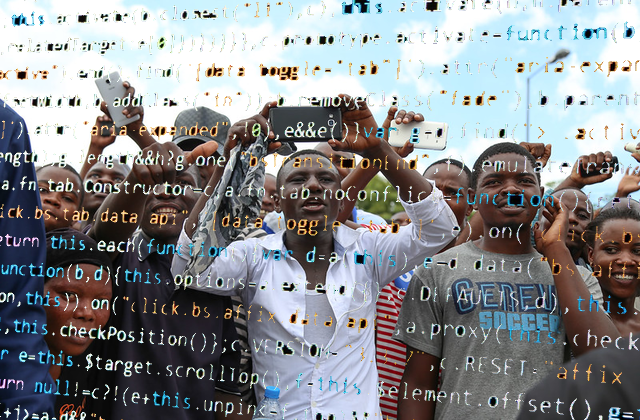Lessons Learned in Digital Development Projects
There are many lessons that have been learned from the use of ICT4D (Information and Communication Technologies for Development) to support development goals and address social and economic challenges in developing countries. Some examples include:
- The importance of context: ICTs need to be understood and used in the context of the specific social, economic, and political conditions in which they are being deployed. This means considering the needs and priorities of the communities and individuals being served, as well as the local infrastructure and resources available.
- The need for sustainability: ICT projects and initiatives need to be sustainable in order to have long-term impact. This means considering the financial, technical, and human resources required to maintain and support the use of technology over time.
- The role of partnerships: ICTD projects and initiatives often involve partnerships between different stakeholders, including governments, development organizations, private sector companies, and local communities. These partnerships need to be well-coordinated and managed in order to be effective.
- The importance of user-centered design: ICTD projects and initiatives should be designed with the needs and perspectives of the users in mind. This means considering the barriers and challenges that users may face in using technology, and designing solutions that are accessible, user-friendly, and culturally appropriate.
Overall, these lessons highlight the need to approach the use of ICTs for development in a holistic and context-specific way, in order to ensure that they are used effectively and sustainably to benefit communities and individuals.
This is the single biggest success (or failure) factor in ICT4E
I am Jonathan Nalder and I want to remind you of a concept made famous by early Star Trek episodes where any character wearing a ‘red shirt’ was...
5 mEducation Lessons Learned in BridgeIT Tanzania
I am Samuel Suraphel and I’ve found that the benefits of technology to enhance learning, particularly in underserved communities, have not always been...
9 Lessons to Learn from Fail Faire UK 2012
We had an amazing sharing of failure at Fail Faire UK 2012, and amidst the laughter at how wrong we can be in deploying information and communication technologies...
6 Simple Guidelines for ICT4D Project Success
I am Ajay Kumar and after reflecting on some of my past ICT4D projects, and trying to study the thought process of some of the projects that I have worked on,...
A Cautionary Tale of ICT4D Failure at Scale
Back in 2009, a few MIT students started “Fab Labs” in Afghanistan to teach Afghans how to fabricate small-scale projects, one of which was wireless...
Celebrating Failure with a FailFaire at ICTD2012
.
I am Mustafa Naseem and I am attending ICTD 2012, the premier conference for the field of Information and Communication Technology for Development. ICTD opened...
A Ugandan mHealth Moratorium Is a Good Thing
I am David McCann and when I first arrived in Uganda, I used to describe it as “the perfect storm” for aid in general, and M4D in particular. The country...
19 mHealth Reality Checks from 2011 mHealth Summit
At the 2011 mHealth Summit, James BonTempo and I (supported by Plan International USA and MCHIP via USAID) co-hosted the “mHealth Reality Booth,” which we hoped...
10 Guidelines for Starting Your Independent ICT4D Project
There is an infamous Catch-22 in starting a career in information and communications for technology. In order to earn a job in ICT4D, I need to have experience....
The Fail Faire DC 2011 Impact: A Renaissance of Failure in ICT4D
Two weeks ago, ICTworks led the organization of Fail Faire DC, an amazing celebration of failure as a mark of leadership, innovation, and risk-taking in pushing...




